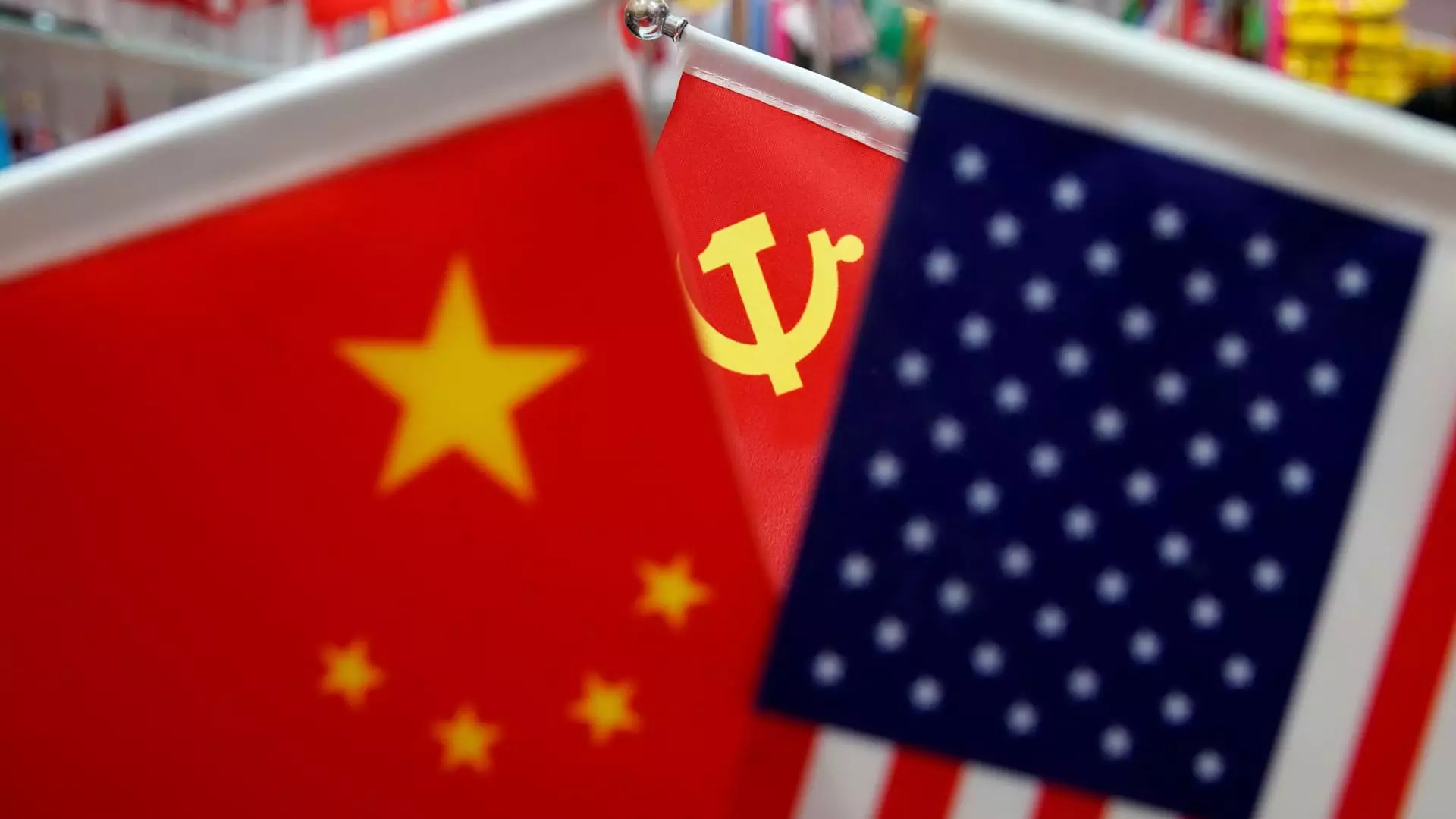The recent exchange between U.S. President Donald Trump and Chinese President Xi Jinping showcases the tumultuous landscape of international trade negotiations. As both leaders navigate this complex relationship, Trump’s assertion that it is “extremely hard” to strike a deal with Xi serves not only as a reflection of his struggle but also as a microcosm of the larger geopolitical tensions that define U.S.-China relations today. This examination reveals that we are not just witnessing a negotiation; we are observing a precarious balancing act charged with political implications that extend far beyond mere economic interests.
Laboring under the burden of a stalled trade dialogue that U.S. Treasury Secretary Scott Bessent describes as “a bit stalled,” it becomes increasingly apparent that communication between Washington and Beijing needs revitalization. Bessent’s comments imply a stagnation that is detrimental not only to each nation’s economy but also to the global market at large. As both nations wrestle for supremacy and showcase tensions through increasingly aggressive posturing, the possibility of meaningful dialogue dims, resembling shadows of elusive peace negotiations in tumultuous regions rather than the straightforward economic collaborations that might benefit both countries.
The Blame Game: Trade Violations and Technology Tensions
The sniping between the two powers over the alleged violations of a recently hashed-out trade agreement suggests a profound lack of trust. Both sides accuse each other of failing to uphold commitments made during talks held in Switzerland in May. The expectation was that China would suspend tariffs and quarantine countermeasures against the U.S., yet the reality reveals a different picture. China’s reluctance to ease restrictions on rare earths exports signifies a reluctance to comply, showcasing the depth of the rift that divides these two global giants. This breach, however, is not a one-way street; accusations directed towards the U.S. for its efforts to contain Chinese access to advanced technology illustrate a mutual suspicion that seems intractable.
The Trump administration’s recent decision to revoke visas for Chinese students feeds into this ongoing antagonistic relationship. Communication from Chinese Foreign Minister Wang Yi, who denounced the U.S.’s recent measures as “groundless,” amplifies the tension. Underlining the complexities of international relationships, Yi’s statements represent a defensive reaction against what Beijing perceives as the U.S.’s impertinence. Acknowledging valid grievances can be a step towards resolving issues, yet such avenues seem lost amidst the fog of nationalistic rhetoric on both sides.
Negotiating Trust: The Necessity of Diplomatic Engagement
What emerges from these strained circumstances is the necessity for enhanced bilateral communications. In the aftermath of their most recent exchange, it is critical to understand the assertion made by Neo Wang, an economist at Evercore ISI, suggesting that Beijing is keen on presenting an image of cooperation. This strategy signifies their realization that establishing a foundation of trust must come before any meaningful dialogue can ensue. If the socio-political fabric between these two nations continues to unravel, economic repercussions will inevitably follow suit.
Yet, can Trump and Xi truly bridge the chasm that divides them? While seeking mutual understanding, analysts note that Xi’s willingness to engage hinges on the assurance that the U.S. won’t spring surprises during their conversations. This indicates a severe lack of confidence on China’s part—how can they be expected to enter negotiations when the slightest misstep could irreparably damage their standing? The emphasis on the U.S. priorities of trade, drug trafficking, and immigration during the latest talks indicates an awareness of the multifaceted nature of these discussions. Each thread requires careful weaving into a coherent strategy that both parties can navigate without sinking the ship.
Ultimately, the dance of diplomacy demands more than simple rhetoric; it requires sincerity and a genuine commitment to compromise from both sides. The stakes have never been higher, ridden with the potential to transform decades of economic growth—or plunge both nations into heightened distrust. In this complex interplay between Trump and Xi, one thing remains painfully clear: without a bold initiative to redefine trust and acknowledge common ground, the shadows of our past mistakes will loom larger than any possible agreements.

